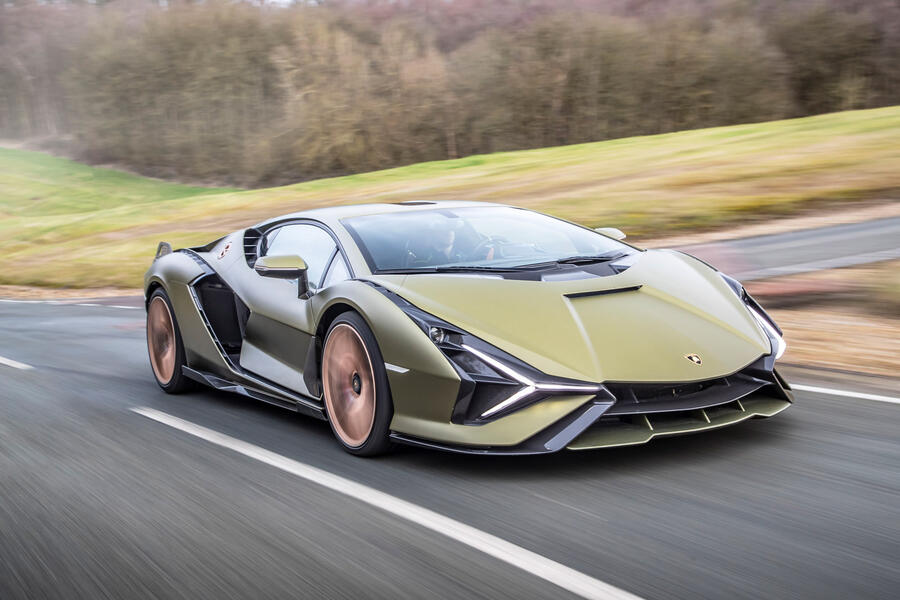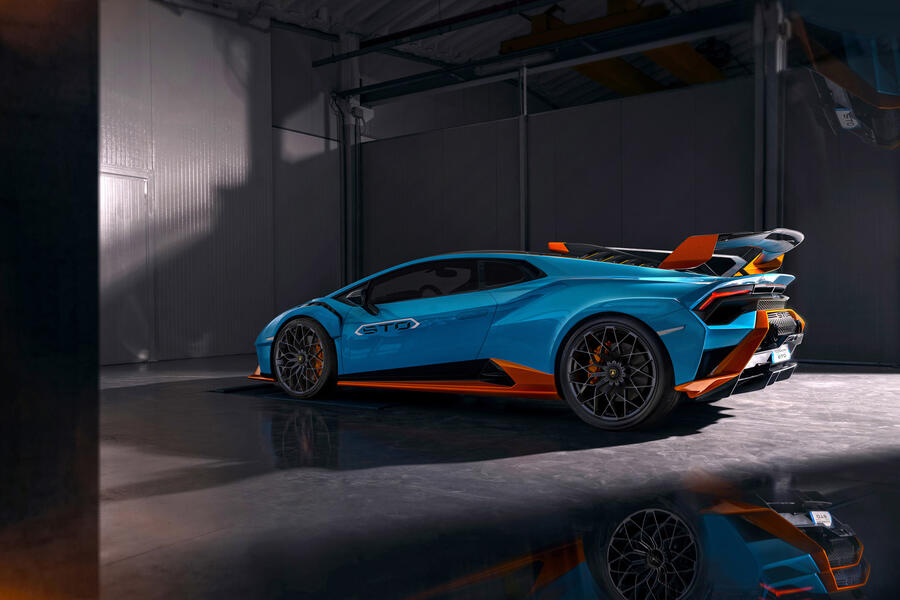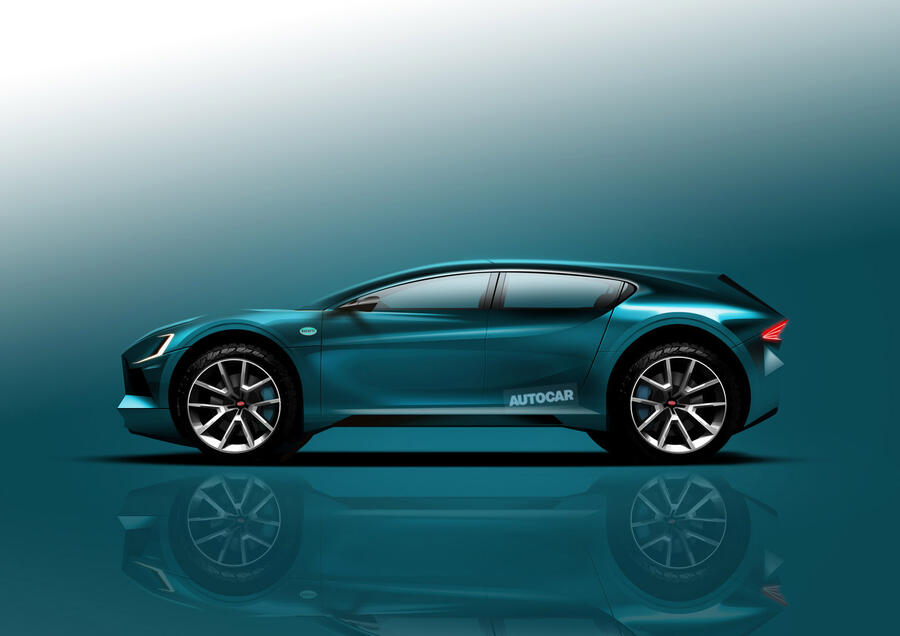Lamborghini is gearing up to launch the long-awaited replacement for the Aventador in 2022 – and the new V12 supercar will, unlike its predecessor, feature a hybrid powertrain as one of the first steps the brand is taking to ‘reinvent’ itself for the electric age.
The new flagship machine from the Sant’Agata manufacturer is due to be revealed this year and will go on sale shortly after the arrival of a plug-in hybrid version of the Urus SUV. It is set to be the final series-production Lamborghini supercar to use the firm’s fabled 6.5-litre V12, with the subsequent generation likely to adopt electric power.
Despite the coronavirus pandemic, Lamborghini posted the second-best financial results in its history in 2020 and company boss Stephan Winkelmann, who recently rejoined Lamborghini after spells at Audi Sport and Bugatti, told Autocar that 2021 is a “moment of stabilisation” before it “starts pushing for the next level” in 2022.
Beyond that, Winkelmann said a key priority is to develop “a clear vision” of what electrification means for the brand.

“We have to do this so that we remain Lamborghini by reinventing Lamborghini – to change everything not to change anything,” he said.
Aventador successor to feature Sián hybrid tech
Winkelmann said the initial focus this year is the market launch of the Huracán Super Trofeo Omologato, but he hinted that two new V12 machines will be revealed in 2021.
Although Winkelmann would not be drawn on specific details about these models, sources suggest one is a final Aventador-based special using similar supercapacitor technology to the 808bhp Sián FKP 37 hypercar – and it is possible that the other will be the first glimpse at the Aventador’s replacement.
The next-generation V12 flagship has been delayed several times, in part because of the impact of the coronavirus but mainly because of Lamborghini’s push to develop hybrid technology that will suit the needs and character of its supercar.
“The challenge is how to match the requests of the legislators while not diluting the expectations of customers in the coming years,” said Winkelmann. “This is what we are working on right now.”
Lamborghini technical boss Maurizio Reggiani has previously confirmed that the Aventador successor will retain a naturally aspirated V12, with a hybrid element used to add extra power and efficiency and forego the need for a turbocharger. Reggiani also hinted that the firm was considering a four-wheel drive system similar to the Ferrari SF90’s, with the V12 driving the rear axle and an electric motor on the front wheels and torque vectoring used to balance the power.
The extra weight of an expansive hybrid system and its resulting impact on a supercar’s performance remains a concern for Lamborghini and it is thought the firm is working on a system pairing a lithium ion battery with a supercapacitor for boosting.


